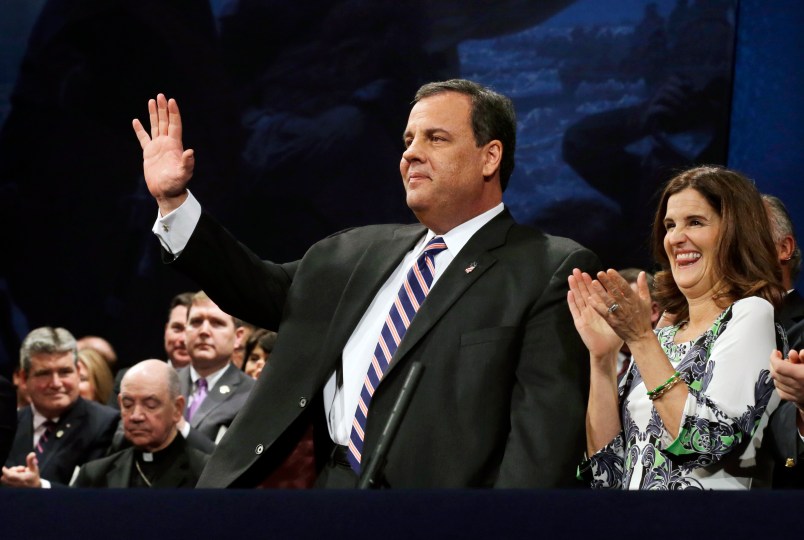TPM Reader JS on the ever-splendid intricacies of New Jersey politics and the fragrances of sleaze …
On “What’s the Matter with Jersey,” my only expertise in the subject is living in Newark. Most of the piece is consistent with what I see on the ground. However, near the end, the article veers off in misdirection. The peccant paragraph:
We’ve spent centuries thinking abut politics as a competition for power. We assume that a thirst for power is what animates almost all political acts. This assumption is so embedded in the vocabulary of government and the rhetoric of electioneering that we have been blinded to the possibility that another motive is exercising equal pull: greed. People can get rich, very rich, by dipping their toe in New Jersey politics.
This is true, but highly misleading. Many Jersey pols–including the most corrupt–have no particular lust for money. Jim McGreevey is a good example–his hands were filthy with money, but his pockets were squeaky-clean. Jon Corzine is an even most conspicuous example. He played the Jersey game to a tee, and effectively bought a nomination with a whole lot of money that lubricated a whole lot of people. But it was his own money, so there was no risk of indictment. Cory Booker is somewhat similar to Corzine.
The most interesting example is Steve Adubato, my own local power broker. As far as I know, he isn’t particularly wealthy. He built his political career on two startling insights. The first one doesn’t seem so startling today: he cooperated with the nascent black Newark power structure in the late 1960’s and early 1970’s. He realized, unlike many of the racists of his era, that he was witnessing another turn of a very old screw: ethnic succession to power. His second insight, however, is still startling. He realized that the old era of patronage was pretty much dead: killed by civil service reform and municipal union power. He invented a new kind of patronage, based on privatization of social services. Unlike most Republicans, Adubato provided first-rate social services out of his nonprofits. (I know; I’ve benefitted from his excellent schools.) This provided a fair trickle of jobs beholden to Adubato, and an even larger cadre of grateful voters. How were these social services funded? By the political heft inherent in a fair trickle of jobs and a larger cadre of voters. And the virtuous circle just kept turning.
The nexus between money and politics in local politics is a complex one. Some people dabble in politics for the sole purpose of making money. (Chris Christie was a municipal bond lawyer: ahem!) Christie Whitman had a lot of dabbling friends who happened to benefit from Republican-style privatization. Double ahem. Some politicians dabble in money for the sole purpose of their political careers: McGreevey and Corzine. And for some–such as Steve Adubato or Sharpe James–the nexus between money and power becomes very hard to disentangle, although I believe that both viewed money primarily as a tool for power. (James, of course, was not above siphoning off a small amount.) I don’t know enough to opine on George Norcross. Although I will say that the smartest Jersey pols–such as Norcross and Adubato–are very careful to avoid elected office.








